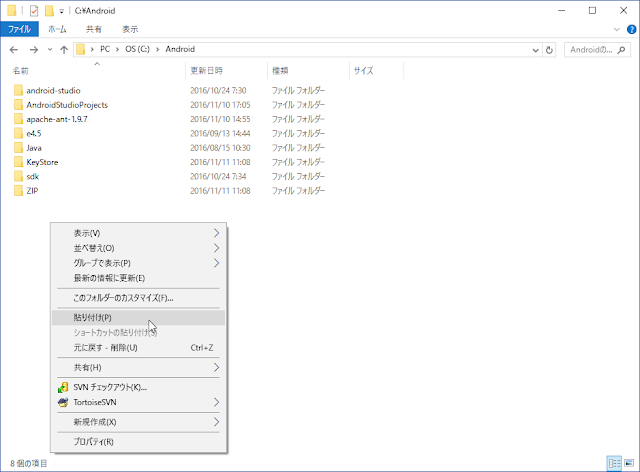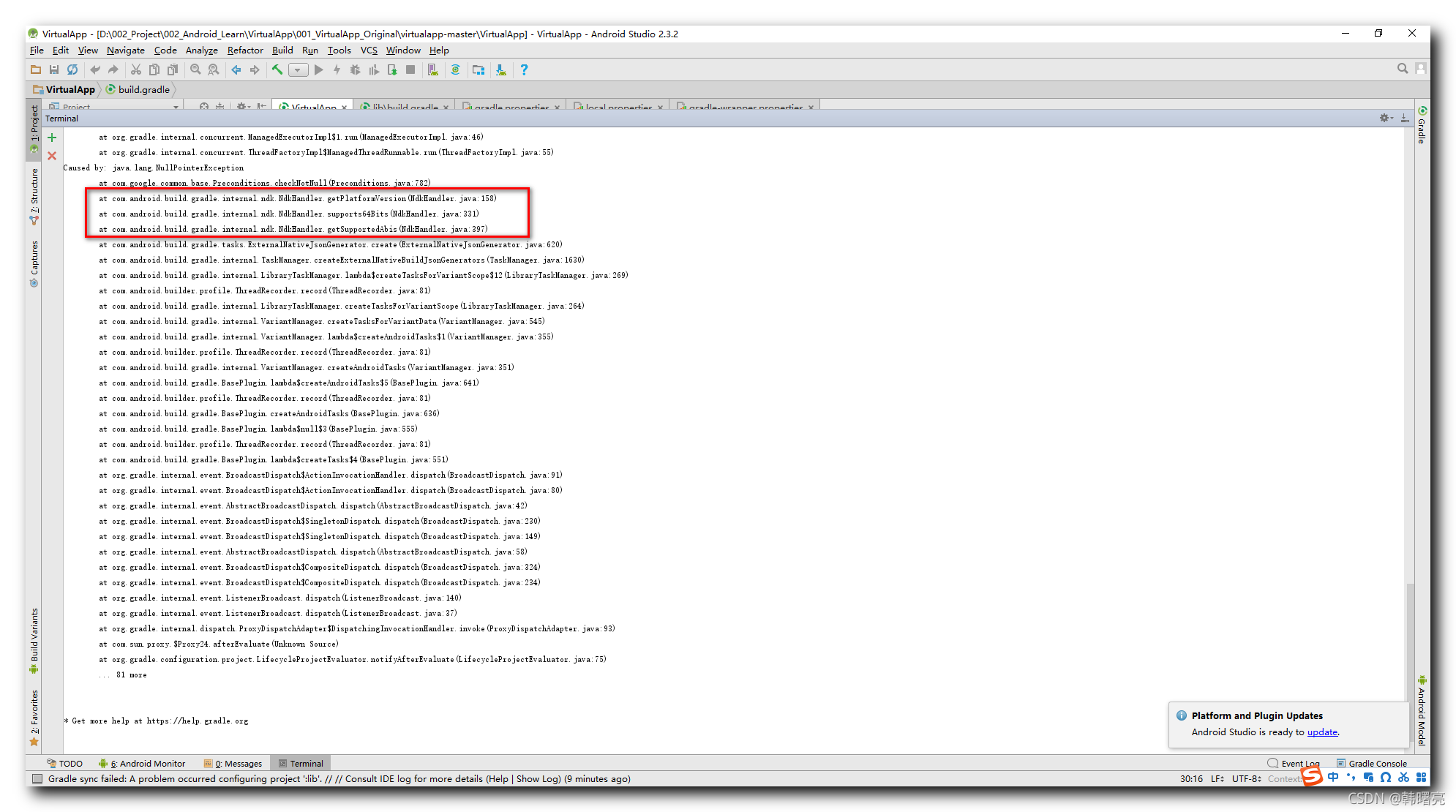

- #Android ndk for windows version r10e for mac os x#
- #Android ndk for windows version r10e install#
- #Android ndk for windows version r10e full#
- #Android ndk for windows version r10e for android#
- #Android ndk for windows version r10e android#
In general, most of these tests are locale related and fail because we don't support anything beyond the C locale. Note that these tests are far from failure free (especially on 32-bit ARM). To run the libc++ tests: $ NDK =/ path / to / extracted / ndk sources / cxx - stl / llvm - libc ++/ llvm / ndk - test. The libc++ tests are not currently integrated into the main NDK tests. If you do not have a device capable of running the tests, you can run just the build or awk test suites with the -suite flag.
#Android ndk for windows version r10e full#
The full test suite includes tests which run on a device or emulator, so you'll need to have adb in your path and ANDROID_SERIAL set if more than one device/emulator is connected. To run the tests with Clang, use the option -toolchain clang. From the NDK source directory (not the extracted package): $ NDK =/ path / to / extracted / ndk python tests / run - all. Running the NDK tests requires a complete NDK package (see previous steps). If you need to re-run just the packaging step without going through a build, packaging is handled by build/tools/package.py. This will take a little longer though, so it may not be desired for day to day development.

The simplest way to package an NDK on Linux is to just omit the -no-package flag when running checkbuild.py. py - system windowsĬheckbuild.py also accepts a variety of other options to speed up local builds, namely -arch and -module. py - no - packageįor Windows, from Linux: $ python checkbuild. Host/Target prebuilts For Linux or Darwin: $ python checkbuild. com / platform / manifest \Īdditional Linux Dependencies (available from apt):
#Android ndk for windows version r10e for mac os x#
Systems without a working MinGW compiler can use build/tools/build-mingw64-toolchain.sh to generate their own and be added to the PATH for build scripts to discover.īuilding binaries for Mac OS X requires at least 10.8. Windows host binaries are built via MinGW cross compiler. Note: This document is for developers of the NDK, not developers that use the NDK.īoth Linux and Windows host binaries are built on Linux machines.
#Android ndk for windows version r10e android#
Hopefully this has saved someone a very painful day.The NDK allows Android application developers to include native code in their Android application packages, compiled as JNI shared libraries.ĭiscussions related to the Android NDK happen on the android-ndk Google Group.
#Android ndk for windows version r10e install#
This will install android kits and on your first build, Gradle will be downloaded. In the next window, select all the android components and click Next.

In my windows box, I found it at C:\Felgo\MaintenanceTool.exe.Īfter running the MaintenanceTool, select Add or remove component then click next.
#Android ndk for windows version r10e for android#
The solution was to install additional components for android using the QtMaintenace tool. In my particular case I also noted that even after setting up all the necessary paths in QT i.e SDK, NDK, JDK, no kits were available for android. The only useful piece of information that exists in the error is that Gradle is missing. This error is completely unhelpful, the android sdk as of writing this does not contain any package called “SDK tools” or even “tools”, furthermore, no existing packages have version number 26.1.1. The minimum Qt version required for Gradle build to work is 5.9.0/5.6.3” “The installed SDK tools version (26.1.1) does not include Gradle scripts. I am writing this reply for anyone else that faces this problem in the future.Īs mentioned above, the error in question is:


 0 kommentar(er)
0 kommentar(er)
